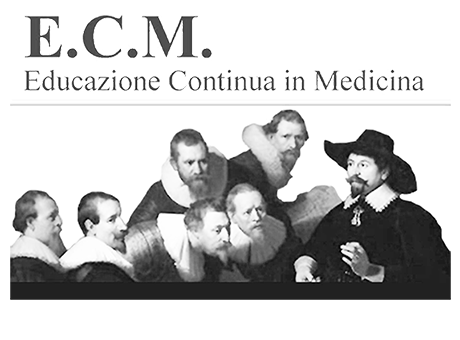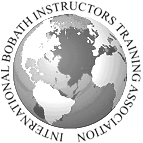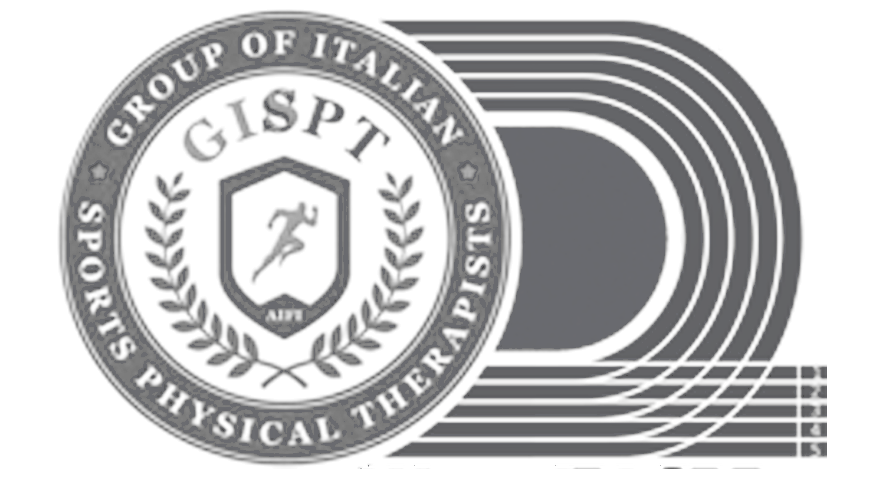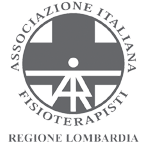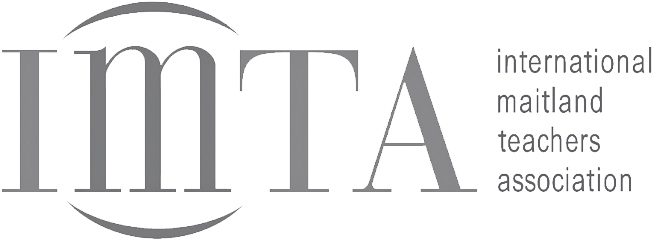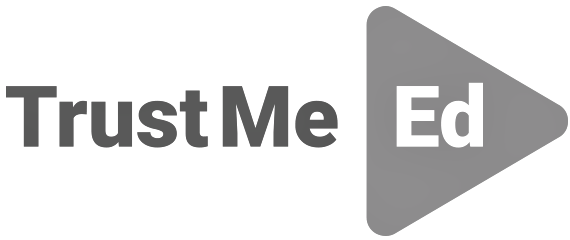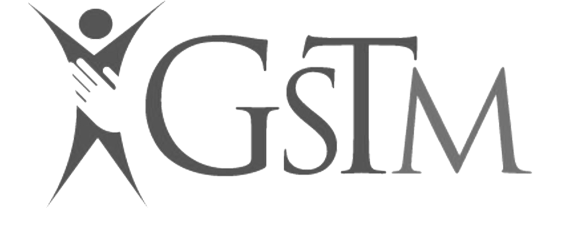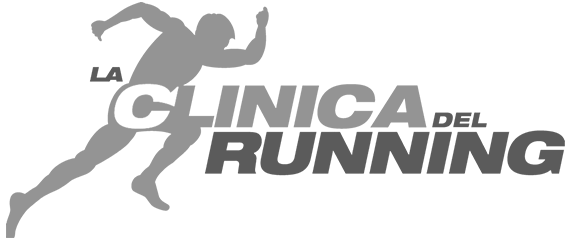July 10, 2021
EM144: IBITA Advanced Course: "Training clinical reasoning and improving manual dexterity in rehabilitation management of the adult neurologic patient with different acquired diseases"
-
Alba MagriPt, IBITA Advanced Course Instructor
-
Monica MorelliIBITA ACI
The Bobath concept is a problem solving approach aimed at evaluating and treating people with movement disorders, postural control and function, caused by a lesion of the central nervous system. This approach to adult rehabilitation with central neurological damage stems from the work of Berta and Karel Bobath and has evolved over the last 70 years. The rationale for its application is rooted in current neuroscientific knowledge related to motor control, motor learning, neural and muscular plasticity and current biomechanical knowledge. The aim of the course is to deepen the knowledge of the clinical reasoning model of the Bobath Concept in order to be able to adapt and apply it to the various main neurological conditions that the physiotherapist is faced with in the performance of his or her task. In a certain sense the course is intended as a proposal for all professionals who at the end of the basic course feel the need for an intensive clinical "training" to exercise observation and manual skills within a context of daily treatment. In fact during the course ample space will be given to the demonstration of clinical cases with an organization of the day (for duration and intensity of treatment) similar to that daily performed in the rehabilitative structures.
Specific objectives:
- Promote the evidence based approach based on updated literature
- To deepen the knowledge of the MBCP for the evaluation and the structuring of the treatment
- Refine the ability to observe and analyze functional gestures for the recognition of the typical / atypical movement
- Acquire facilitation techniques (manual, verbal and environmental) to adapt the therapeutic intervention based on the specific characteristics of the different neurological conditions
- Refine manual skills and implement technical competence at an advanced level
- Support the discussion and discussion between participants and teachers and train clinical reasoning
- Develop the reflection for the structuring of a treatment aimed at supporting neuroplastic processes
In collaboration with:
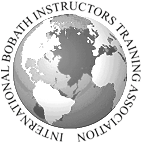
Intended for
Payments
- Deposit €488.00 within 7 days from the registration
- Balance €427.00 by date June 11, 2021
Calendar
language
SCHEDULE
First day
8.30-9.00 Registration of participants and course objectives
9.00-10.45 Lesson: The clinical reasoning model of the Bobath Concept
10.45-11.00 Coffee break
11.00-12.00 Assessment and treatment of patient A (stroke) by teachers in collective session 12.00-13.00 Evaluation and treatment of patient B (MS or other degenerative pathology) by teachers in collective session
13.00-14.00 Lunch
14.00-15.15 Treatment of patients by course participants with supervision of the teachers 15.15-15.45 Summary of clinical reasoning on patients and discussion
15.45-16.00 Coffee break
16.00-17.30 Practical workshop - Presentation of the techniques used during the treatment of patients / teacher demonstrations and highlighted by the participants during the discussion as worthy of further study - Exercises to refine the dexterity at an advanced level
17.30-17.45 Summary of learning and conclusion of the day
Second day
9.00-10.30 Presentation of a case study using the MBCP
10.30-10.45 Coffee break
10.45-11.45 Evaluation and treatment of patient A (stroke) by teachers in collective session (treatment progression)
12.00-13.00 Evaluation and treatment of patient B (MS or other degenerative pathology) by teachers in collective session (treatment progression)
13.00-14.00 Lunch
14.00-15.15 Treatment of patients by course participants with supervision of the teachers 15.15-15.45 Summary of clinical reasoning on patients and discussion
15.45-16.00 Coffee break
16.00-17.30 Practical workshop - Presentation of the techniques used during the treatment of patients / teacher demonstrations and highlighted by the participants during the discussion as worthy of further study - Exercises to refine the dexterity at an advanced level
17.30-17.45 Summary of learning and conclusion of the day
Third day
9.00-10.15 Evaluation and treatment of patient C (incomplete spinal injury) by teachers in collective session and discussion
10.15-11.30 Evaluation and treatment of patient A (stroke) by teachers in collective session and discussion
11.30-11.45 Coffee break
12.00-13.00 Evaluation and treatment of patient B (MS or other degenerative pathology) by teachers in collective session and discussion
13.00-14.00 Lunch
14.00-15.30 Treatment of patients by course participants with teacher supervision
15.30-15.45 Coffee break
15.45-17.30 Practical workshop - Presentation of the techniques used during the treatment of patients / teacher demonstrations and highlighted by the participants during the discussion as worthy of further study - Exercises to refine the dexterity at an advanced level
17.30-17.45 Summary of learning and conclusion of the day
Fourth day
9.00-10.15 Presentation of a case study using the MBCP
10.15-11.30 Evaluation and treatment of patient C (incomplete spinal injury) by teachers in collective session and discussion
11.30-11.45 Coffee break
12.00-13.00 Evaluation and treatment of patient D (cerebellar lesion) by teachers in collective session and discussion
13.00-14.00 Lunch
14.00-15.30 Treatment of patients by course participants with teacher supervision
15.30-15.45 Coffee break
15.45-17.30 Practical workshop - Presentation of the techniques used during the treatment of patients / teacher demonstrations and highlighted by the participants during the discussion as worthy of further study - Exercises to refine the dexterity at an advanced level
17.30-17.45 Summary of learning and conclusion of the day
Fifth day
9.00-10.15 Evaluation and treatment of patient C (incomplete spinal injury) by teachers in collective session and discussion
10.15-11.30 Evaluation and treatment of patient D (cerebellar lesion) by teachers in collective session and discussion
11.30-11.45 Coffee break
12.00-13.00 Practical workshop - Presentation of the techniques used during the treatment of patients / teacher demonstrations and highlighted by the participants during the discussion as worthy of further study - Exercises to refine the dexterity at an advanced level
13.00-14.00 Lunch
14.00-15.30 Treatment of patients by course participants with teacher supervision
15.30-15.45 Coffee break
15.45-16.30 Practical workshop - continuation
16.30-17.00 ECM test and course conclusion
|
|
|
|
|
|
|
|
|
|
|
|
